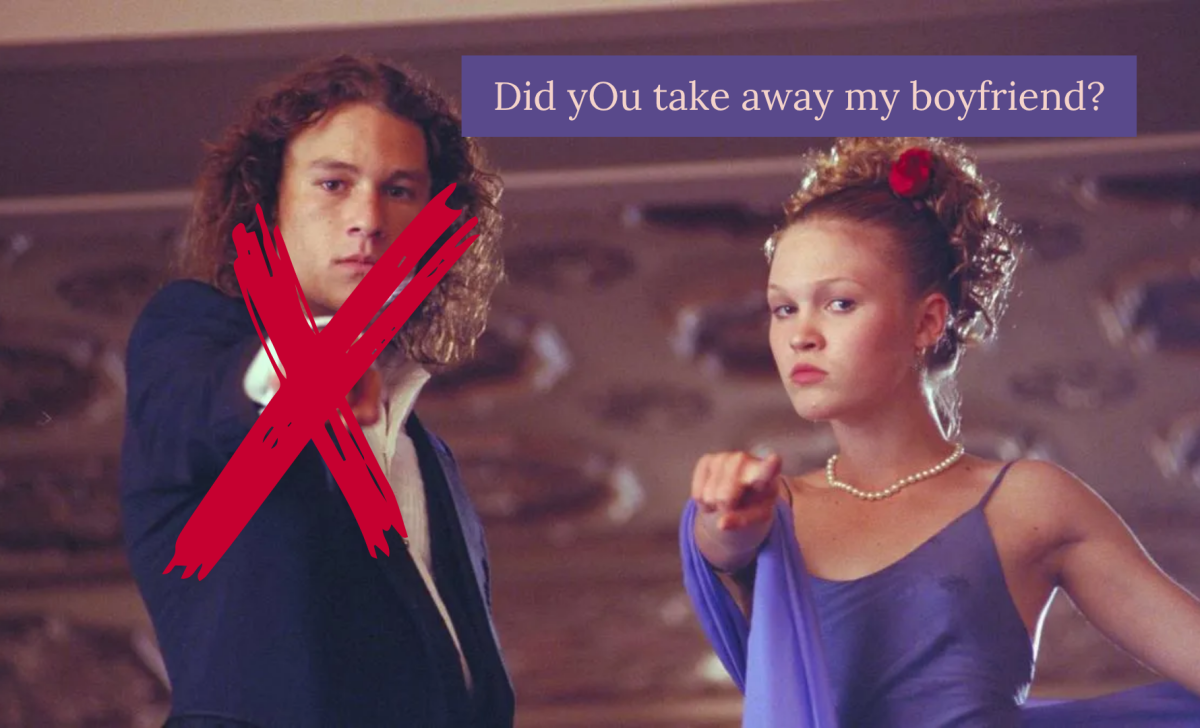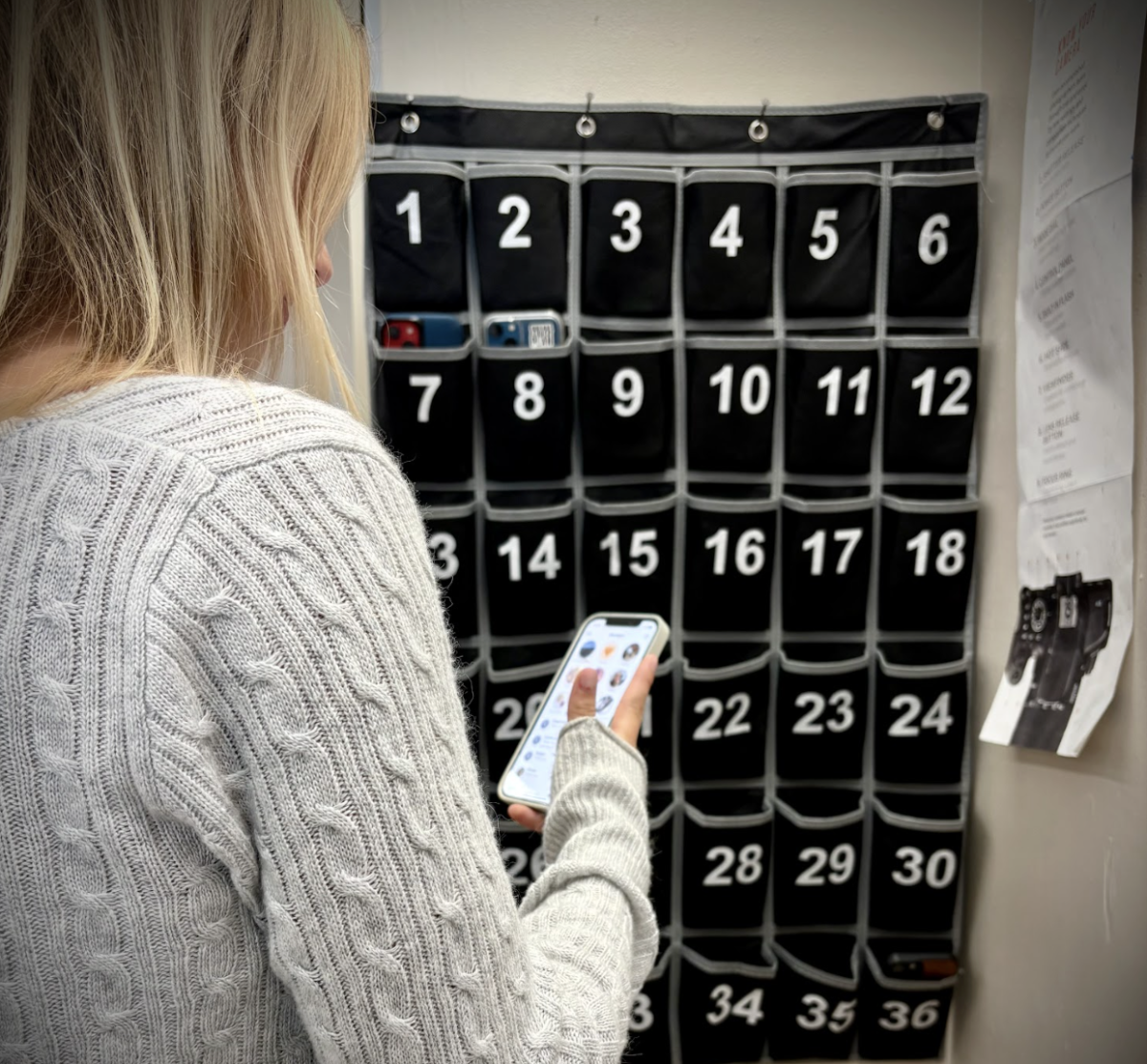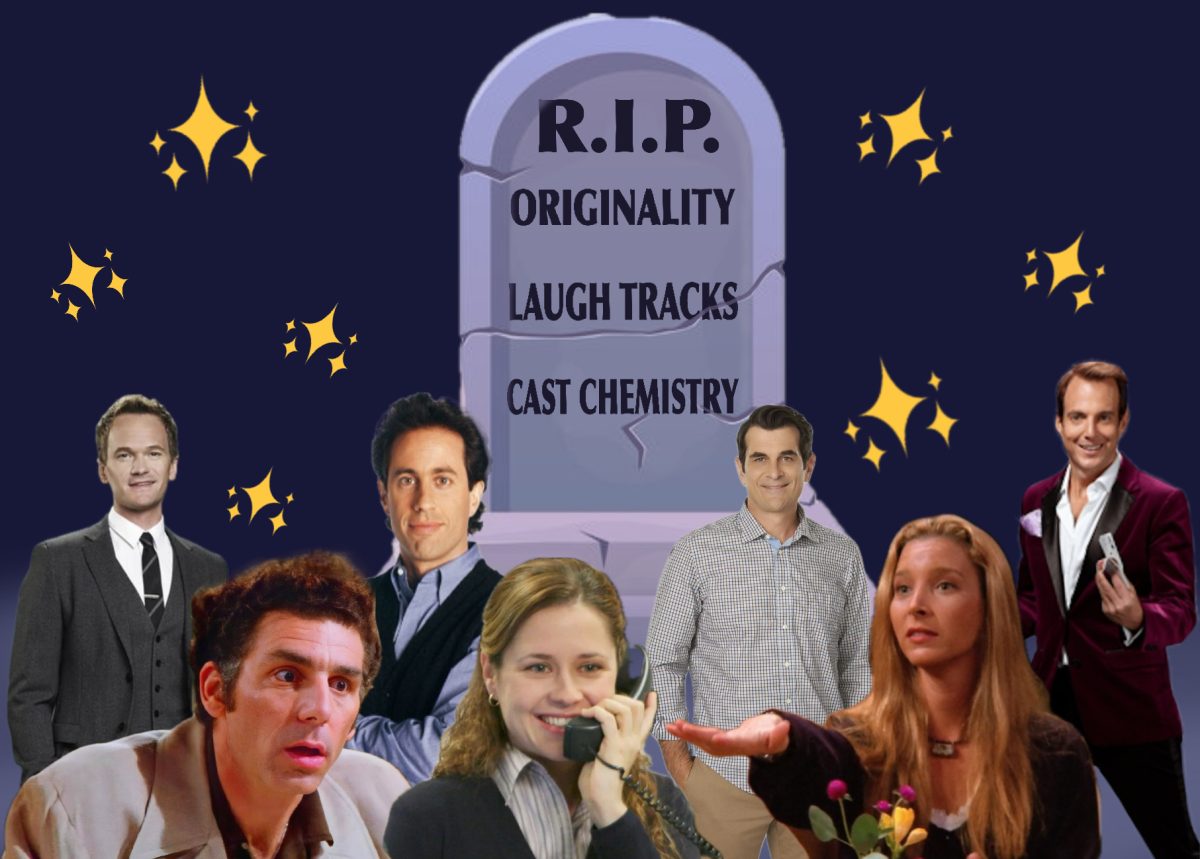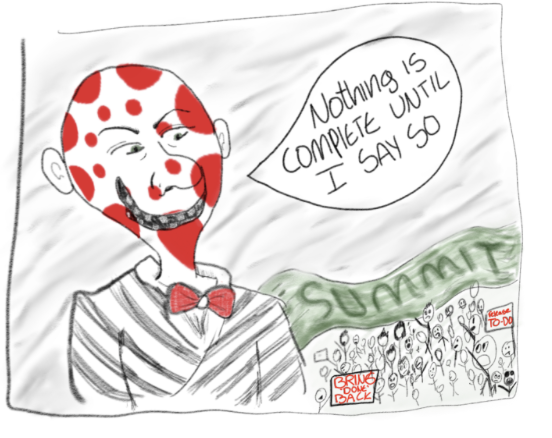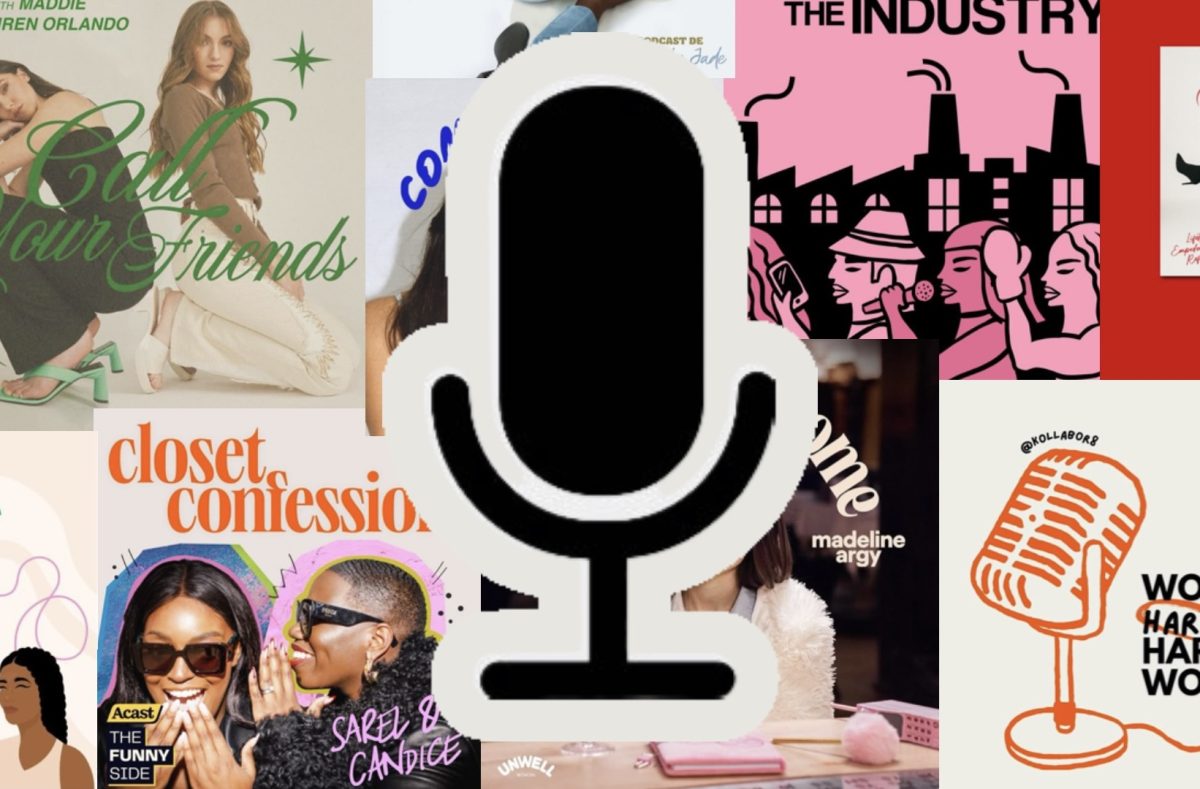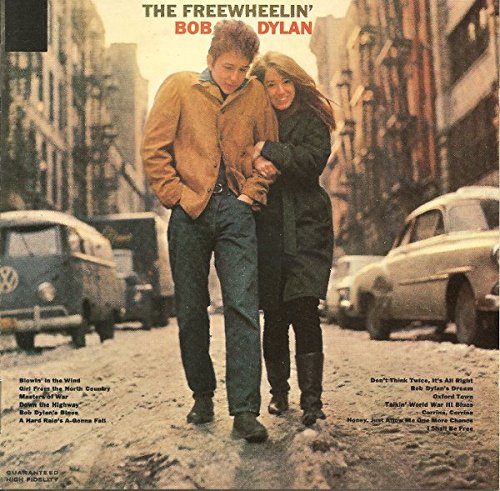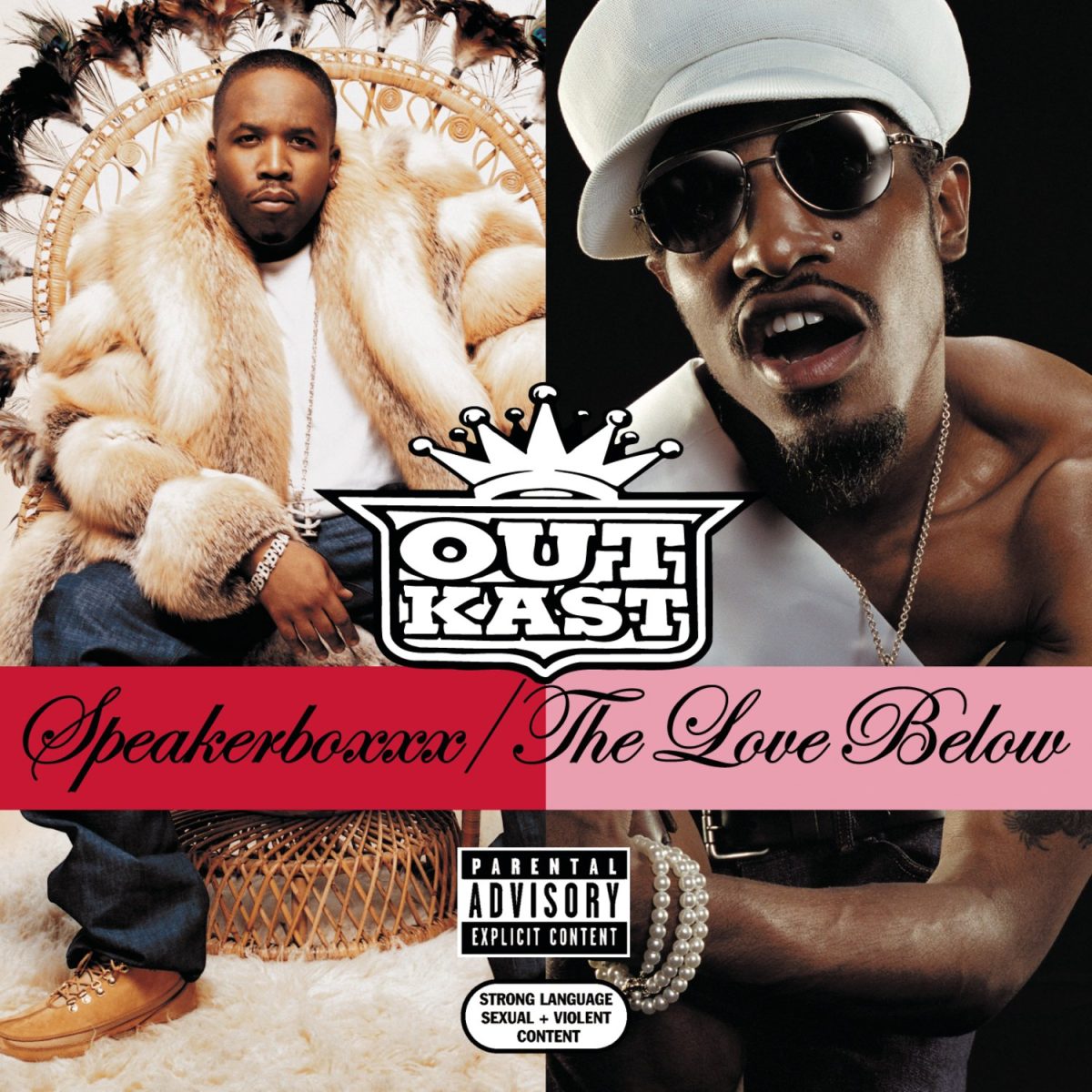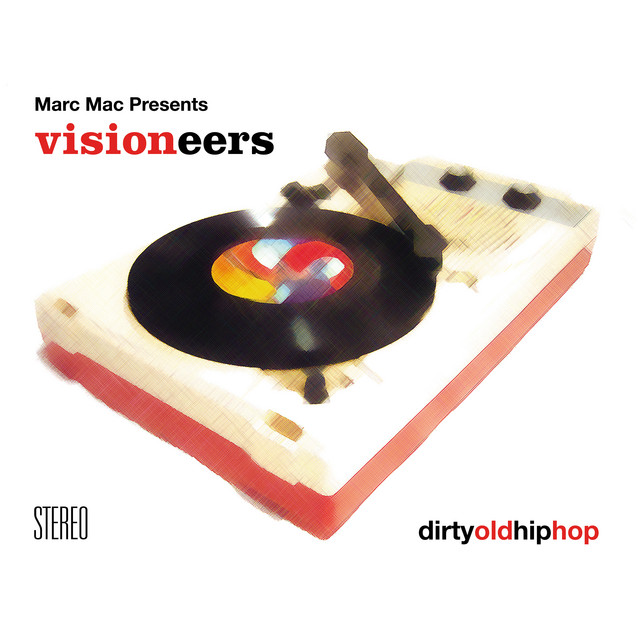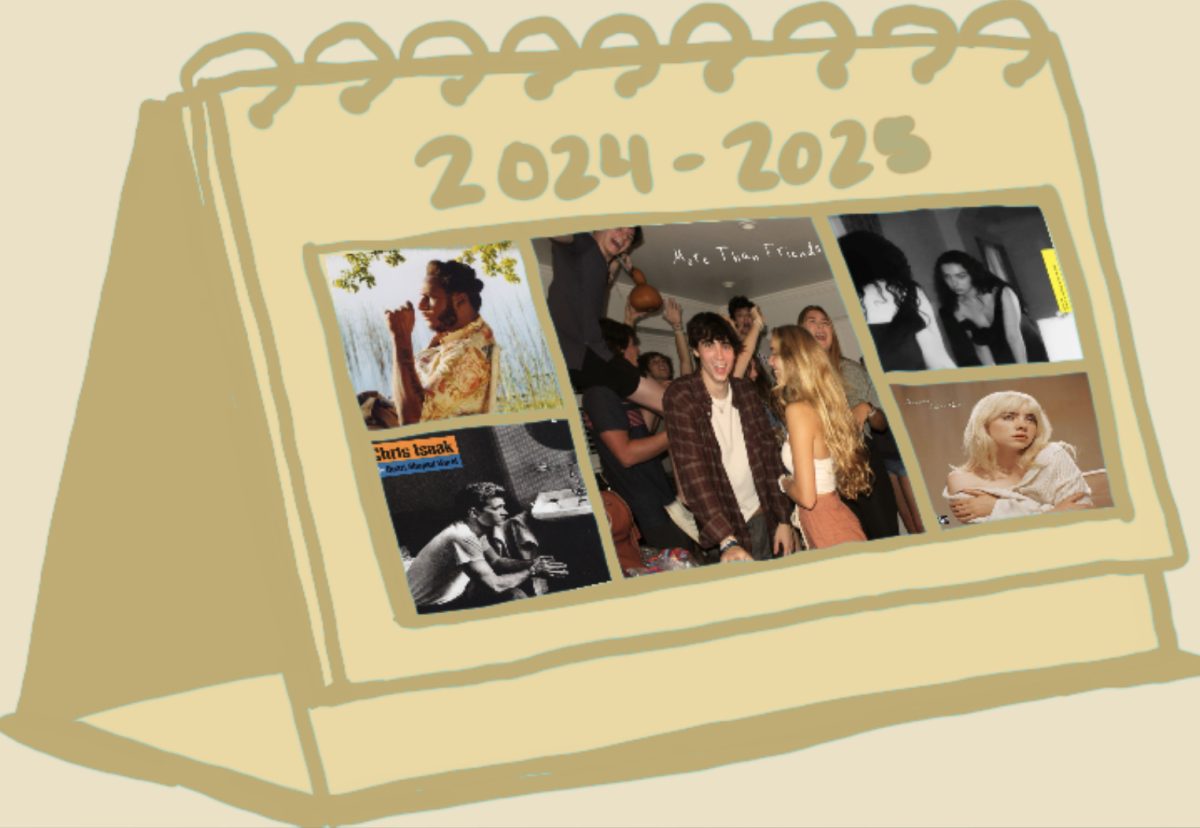One morning on my way to school, my brother in the driver seat and me in the passenger seat, the intro of “All Falls Down” by Kanye West came on, the strong strum of guitar and the light drums complimenting and highlighting Syleena Johnson’s brilliant raspy voice hummed through the car’s speaker. My brother and I sang along, each lyric perfectly memorized. As the song faded away, my brother mentioned Kanye’s latest tweet, a repulsive and violent anti semitic comment where West said he was going “defcon 3 on Jewish people”. Having not followed the current news surrounding the West, I was horrified by his personal views, and conflicted toward his music. Enormous guilt for supporting and listening to a person who exhibits such horrible and vile opinions came over me. I brought my guilt up to my brother who replied that he lived by the idea of separating the art from the artist.
Separating the art from the artist is the idea that people have the ability to view and enjoy art separate from the personal views of the artist. However, the concept is not entirely black and white since without an artist, is art fundamentally art? On the other hand, artists that have turned out to be horrible people, like West, have created genius and influential art, so do we have to avoid the art they’ve created?
West, who is known for his skilled music production and hip-hop albums hasn’t been shy about sharing his antisemitic views all over his social media platforms. Fans who have listened to him since “The College Dropout” are now facing a dilemma, continue to listen to him, or completely remove him from their playlists? It seems most have already made a choice, they haven’t turned away from his music; His new album “Vultures 1” reached number one in 100 countries.
Some people believe problematic artist art should be avoided. “For me at least, I can’t listen to Kanye the same way that I listened to him before, because I listen and I just know I’m supporting someone who is a bad person.” Says Ariana Larson, a Summit Sophomore.
Others however don’t want to sacrifice brilliant art. “Sometimes their work means too much to me to be thrown away because of something they believe that has nothing to do with their art. If the art doesn’t contain aspects of the immoral or bad thinking of the artist I don’t see a problem with enjoying it at all, but if their art reflects their thinking I have to decide whether the impact of their art outweighs its bad message.” Says Galen Steiner, a Summit Sophomore.
But art is ultimately an artist expressing their feelings and thoughts, either good or bad, through a selected medium, so it’s impossible to remove one from the other. Since you can’t separate the art from the artist, the only way to hold them accountable is to avoid them completely.
“I would hold them accountable by not listening to their music because that gives them money. So I think not listening to their music, not giving them streams, reviews and or music videos is how you hold them accountable for their actions.” Says Larson.
The artist doesn’t feel ridicule from the public if the consumer doesn’t change the way they act toward the artist. The consumer’s inner thoughts do not show up in the ratings and streams of the artist, therefore the artist isn’t punished or held accountable. It has to be an external event, where the artist loses popularity and profit.

